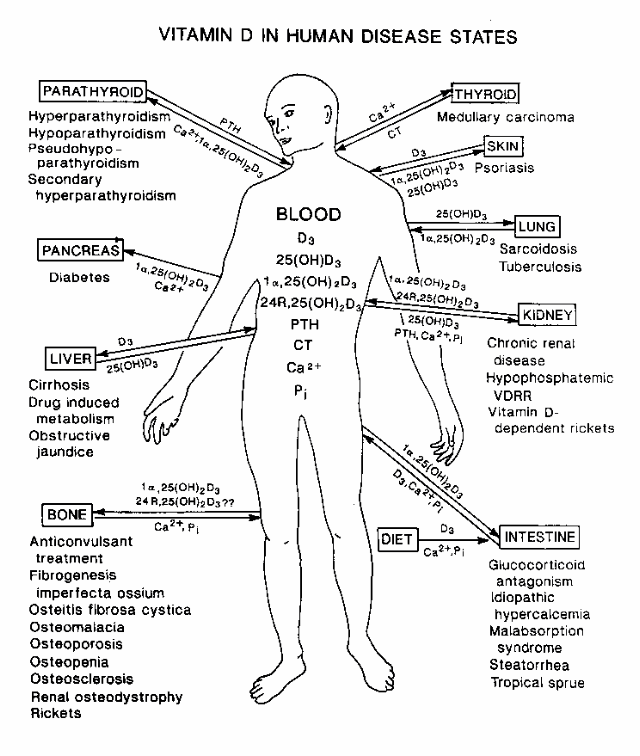BACKGROUND: A season of birth effect in immune-mediated diseases (ID) such as MS and type 1 diabetes has been consistently reported. We aimed to investigate whether season of birth influences the risk of rheumatoid arthritis, Crohn's disease, ulcerative colitis and systemic lupus erythematosus in addition to MS, and to explore the correlation between the risk of ID and predicted ultraviolet B (UVB) light exposure and vitamin D status during gestation.
METHODS: The monthly distribution of births of patients with ID from the UK (n = 115,172) was compared to that of the general population using the Cosinor test. Predicted UVB radiation and vitamin D status in different time windows during pregnancy were calculated for each month of birth and correlated with risk of ID using the Spearman's correlation coefficient.
RESULTS : The distributions of ID births significantly differed from that of the general population (P = 5e-12) with a peak in April (odds ratio = 1.045, 95% confidence interval = 1.024, 1.067, P <0.0001) and a trough in October (odds ratio = 0.945, 95% confidence interval = 0.925, 0.966, P <0.0001). Stratification by disease subtype showed seasonality in all ID but Crohn's disease. The risk of ID was inversely correlated with predicted second trimester (3-6 months) UVB exposure (Spearman's rho = -0.49, P = 0.00005) and third trimester (6-9months) vitamin D status (Spearman's rho = -0.44, P = 0.0003).
CONCLUSIONS : The risk of different ID in the UK is significantly influenced by the season of birth, suggesting the presence of a shared seasonal risk factor or factors predisposing to ID. Gestational UVB and vitamin D exposure may be implicated in the aetiology of ID.

"Following studies in Canada, Scotland and Denmark that showed that if you were born in April/May you were at an increased risk of developing MS compared to the lower risk in November (when your mother was pregenant during smmer and had been exposed to a summer of sunshine; unfortunately not this year)."
"This study shows that it is not just MS that links with month of birth and further indicates that at some stage we are going to have make sure that pregnant woman are vitamin D replete througout pregnancy. This is perhaps where all this is happening. I am concerned that it may be too late to have a major impact once disease becomes manifest and so doing trials in MSers may show limited impact."
"This could be abit like, if I have a sore hand I might take a paracetomol (acetaminophen in American) but give me morphine if my finger is chopped off. Trials have now been initiated in Australia that will address the effect of being Vitamin D supplementation in early MS, that is if they can find people who are not already supplementing themselves. Sales of vD supplements are soaring the world over; this is a good thing but it makes it difficult to gather the necessary evidence to convince the doubters."
"Are you taking vD3 supplements? Are your siblings and children taking vD3 supplements? If not you should be: recommended doses < 2yrs of age 600U per day, 2-10 years of age 2,000U per day and >10 years of age 5,000U per day."
CoI: This work was perfomed by members of team G